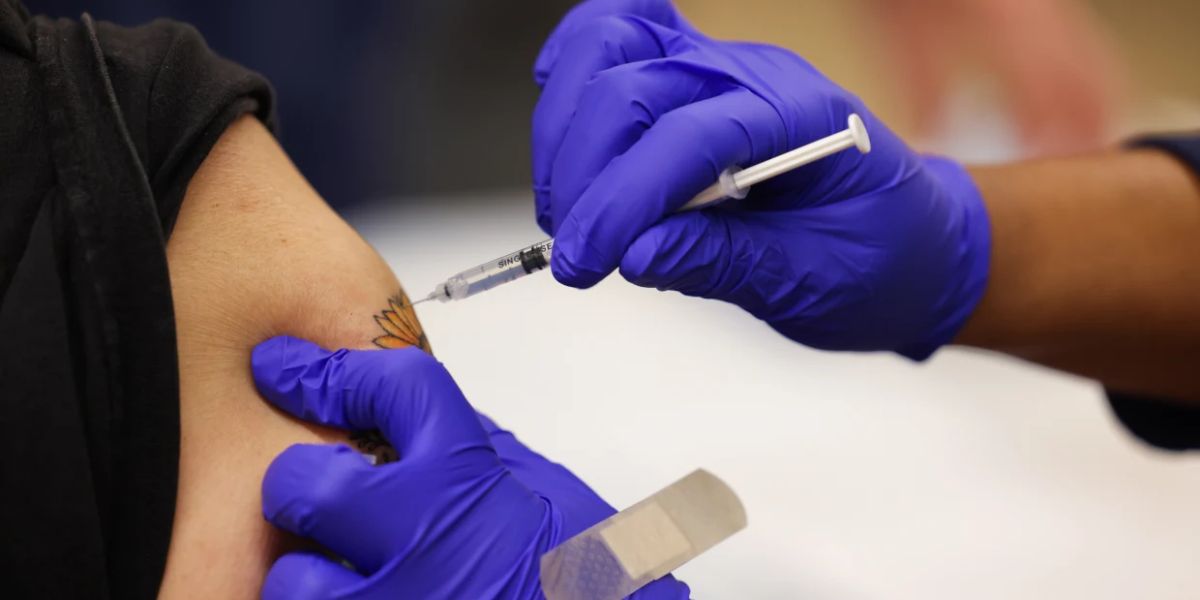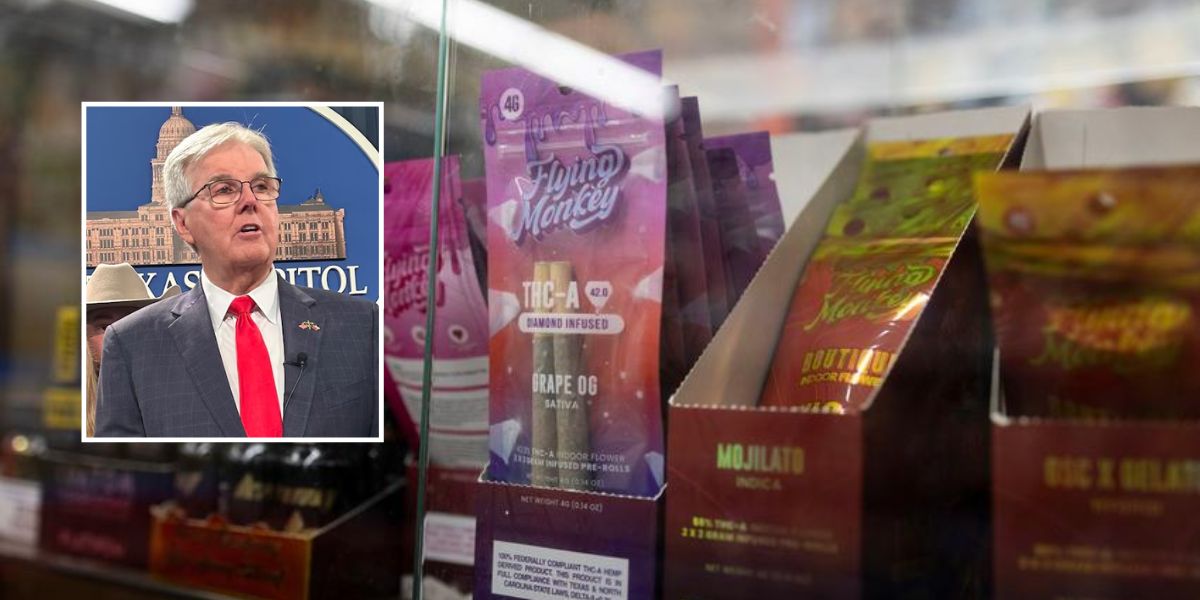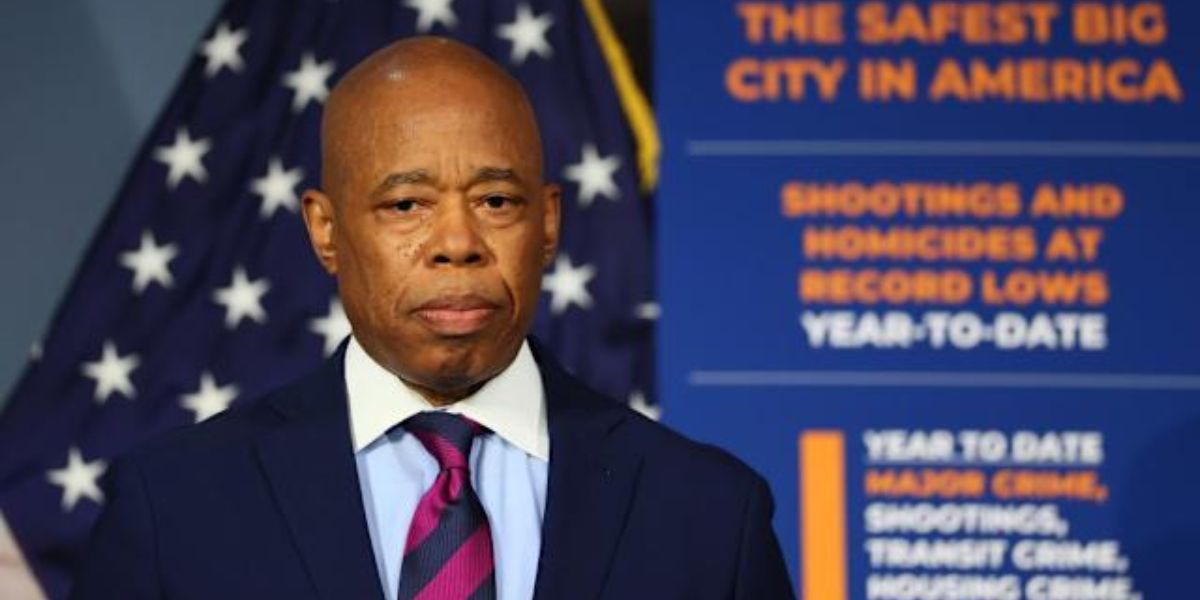Health and Human Services Secretary Robert F. Kennedy Jr. changed the way vaccines are tested, which experts warn could jeopardize the planned deployment of enhanced Covid immunizations this autumn.
According to an HHS representative, Kennedy’s move will require all new vaccines to undergo placebo-controlled clinical trials in order to compare the outcomes. In these trials, some participants will receive the genuine shot while others will receive an inactive substance, such as a saline shot.
The majority of new vaccines are now routinely tested with a placebo group. Pfizer and Moderna’s initial Covid vaccines, which were authorized in late 2020, underwent placebo-controlled studies.
However, when the virus kept evolving and vaccinations had to be modified to fit the strain that was in circulation, pharmaceutical companies used an approach similar to that of the flu vaccine, employing smaller studies to evaluate how well the modified doses elicited an immune response against the variety in issue.
Similar to the yearly flu shot, the revised Covid vaccines were not considered completely new products because they continued to employ the same formula, just the strain that the vaccine would target was changed. In case the vaccines needed to be updated fast, the mRNA Covid vaccines were made to make this transition very simple.
In this instance, “quickly” means several months. Vaccine manufacturers are instructed on which strain to target in the spring so that they can prepare enough Covid doses for the fall.
In order to determine which strains should be included in the upcoming vaccination campaign, the Food and Drug Administration’s vaccine advisory council is anticipated to convene in May or June.
The FDA had scheduled a meeting for May 22, according to a source with knowledge of the situation who was not permitted to comment publicly. Regarding the date of the meeting, an HHS representative declined to comment.
According to experts, it is quite improbable that the dosages would be prepared for the fall if the FDA decides that Pfizer’s and Moderna’s revised vaccinations are “new” medicines that need additional studies.
The FDA’s vaccine advisory committee member and director of the Vaccine Education Center at Children’s Hospital of Philadelphia, Dr. Paul Offit, stated that the change would likely cause a “months” delay in the release of the updated vaccines from Pfizer and Moderna because it would take time for the pharmaceutical companies to plan the new trials and recruit participants.
That would just be the beginning; the pharmaceutical companies would then need to conduct the actual trial, which would take at least several months, and evaluate the findings.
Even the Covid vaccines, which were praised as “the most successful government science program” due to their rapid development, required at least six months to complete their Phase 3 trials, according to Dr. Alex Greninger, a laboratory medicine and pathology professor at UW Medicine in Seattle.
Because the strain used in Novavax’s modified Covid vaccine is different from what was first approved, the FDA has already delayed the vaccine’s approval, forcing the company to conduct a new clinical trial.
Read Also: Trump’s Education Department Cancels $1 Billion in Mental Health Grants, Citing DEI Conflicts
The new standards were criticized by vaccine experts.
Giving someone a placebo when there is already an approved treatment that can protect them is typically frowned upon in the scientific community, according to Offit, who called it “unethical.”
The change would make “no sense,” according to physician Dr. Stanley Plotkin, who was instrumental in creating the rubella vaccine.
“What would be reasonable is to compare the old vaccine with the new vaccine to see whether the new vaccine gives better immunologic responses,” Plotkin stated. “We have vaccines against Covid, where we have pretty concrete ideas as to what works and what doesn’t work. We know they’re not perfect, but we have vaccines we know work.”
According to former government officials, HHS was slow-walking vaccine approvals under Kennedy, including by putting new regulatory restrictions on pharmaceutical companies, such requiring more clinical trial data or altering the approval procedures.
Additionally, vaccine experts worry that Kennedy is using the regulation change as part of a larger campaign to undermine public confidence in vaccines and restrict their availability.
New vaccines are unlikely to be impacted by the move, according to Dr. Sean O’Leary, chair of the American Academy of Pediatrics Committee on Infectious Diseases.
However, as placebo trials are expensive and take a lot longer to complete, they could have substantial ramifications for vaccinations that could need updating outside of COVID, such as those for RSV.
Vaccines being developed for incurable infections, such as HIV, may also be at risk, Plotkin warned.



